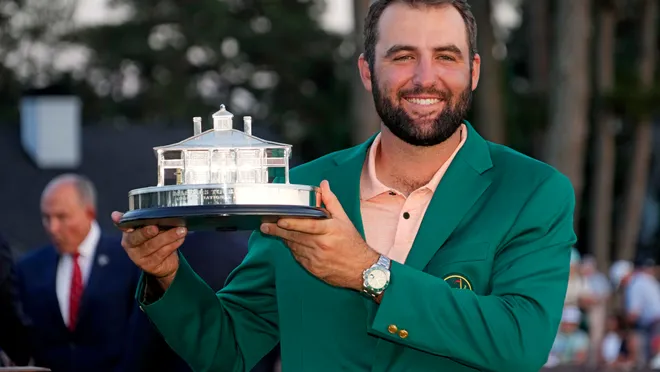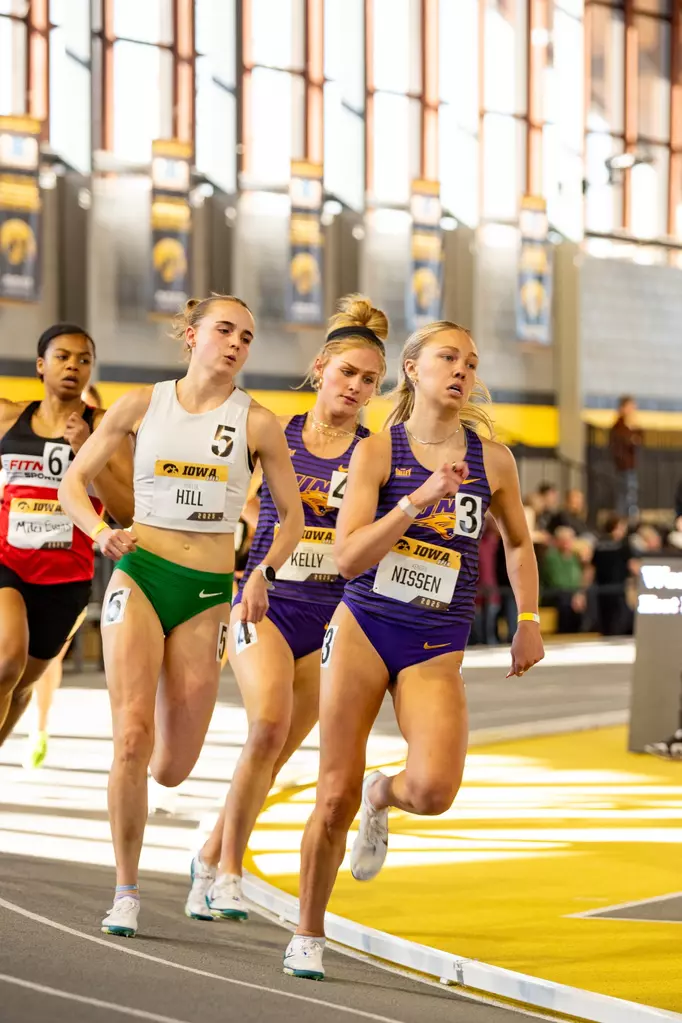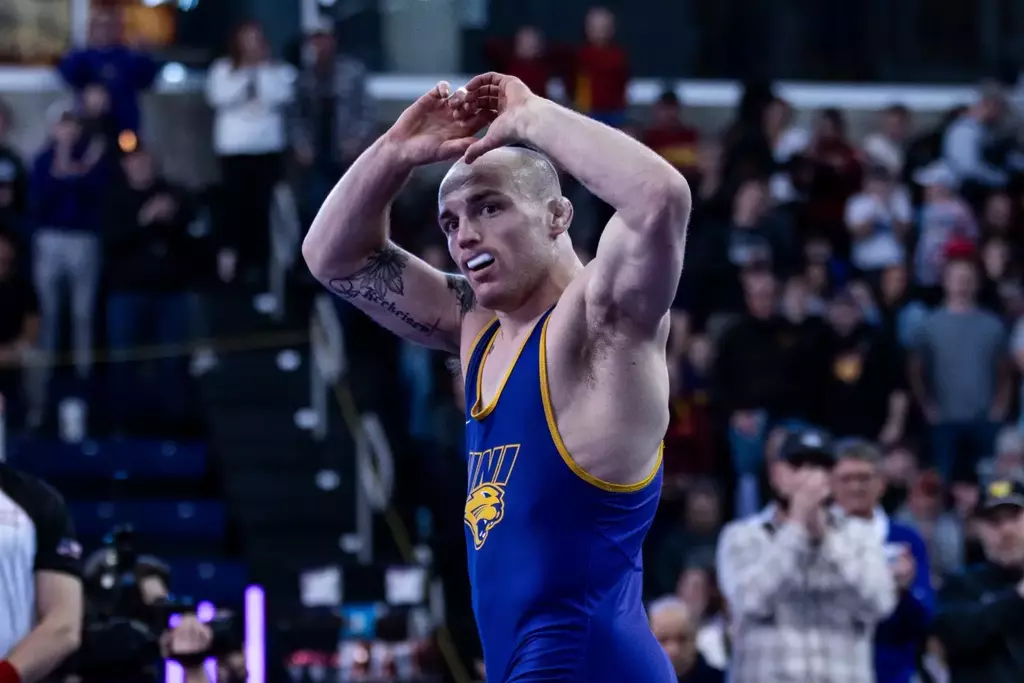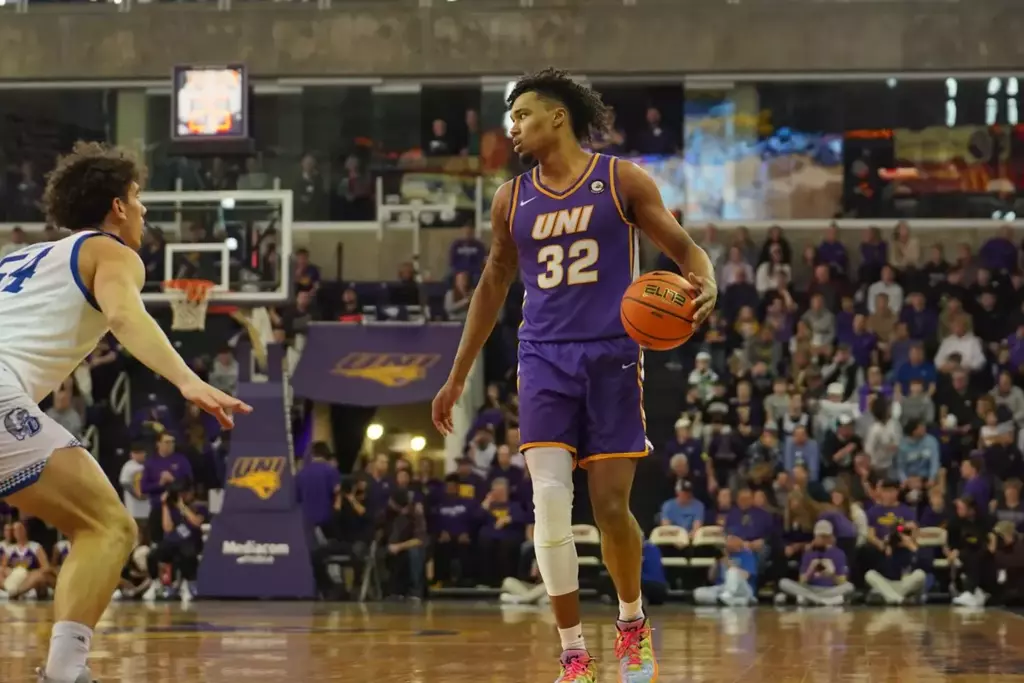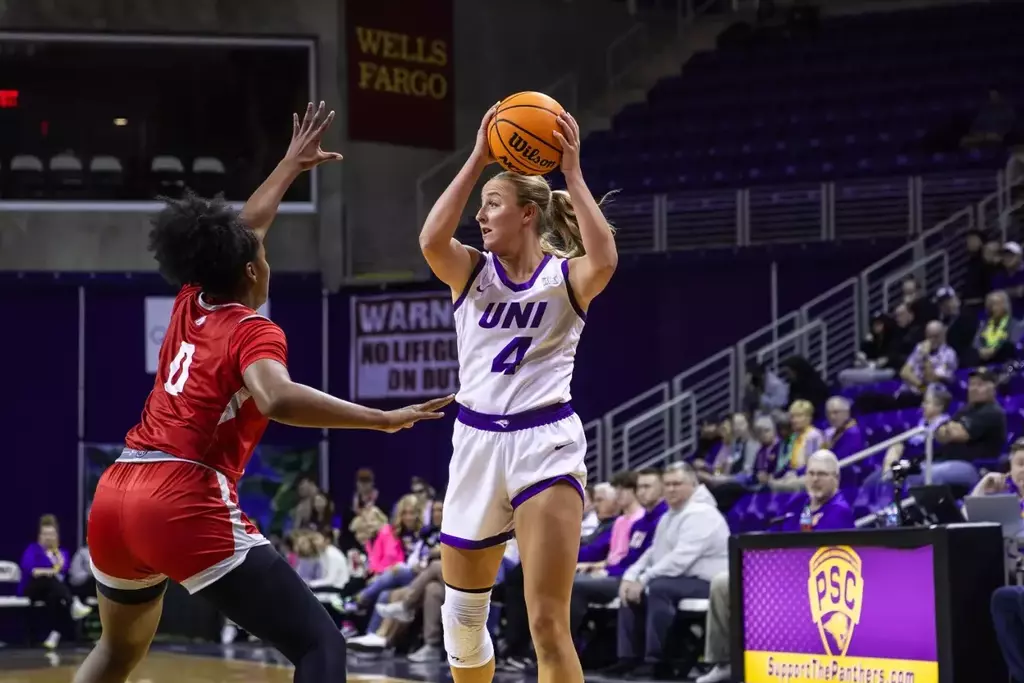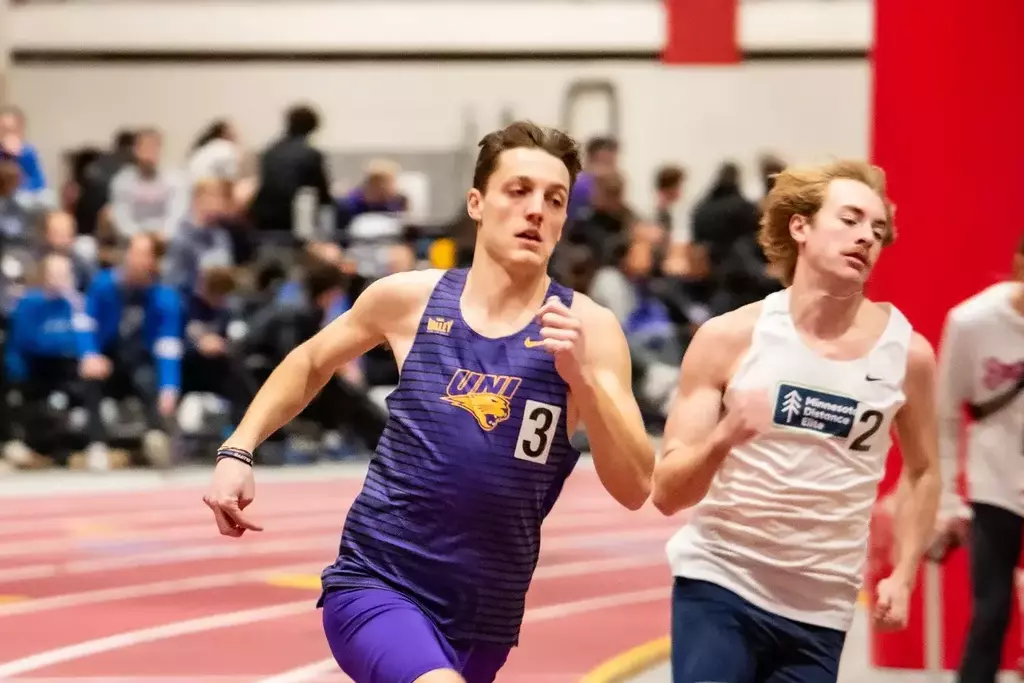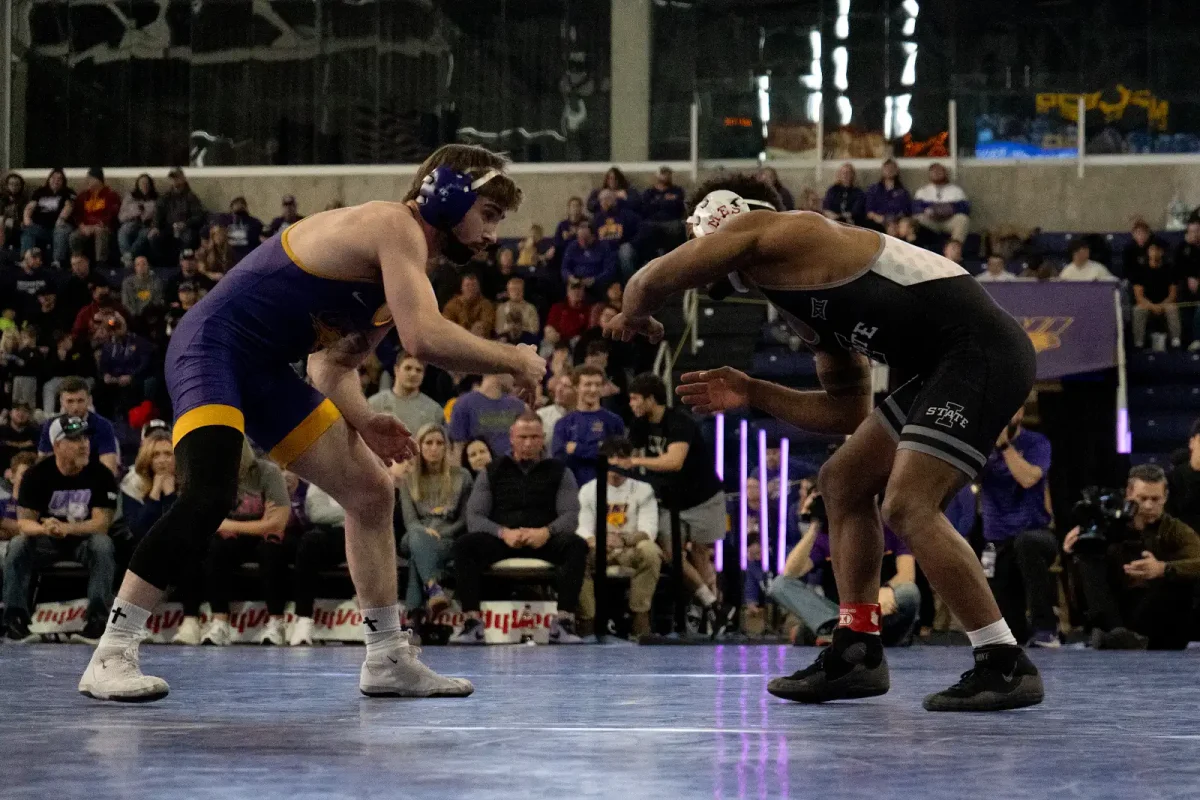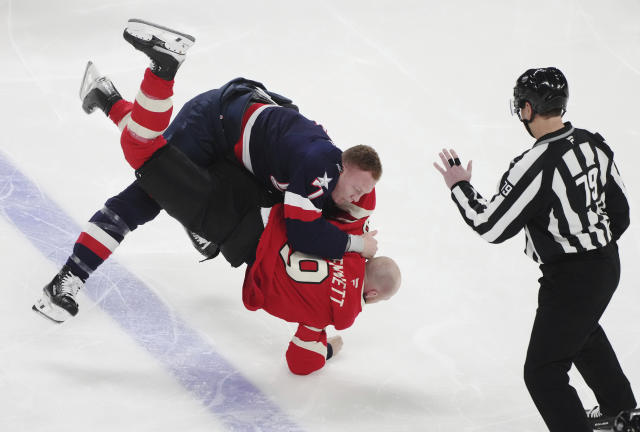As its 2024 tournament came to an end, the Masters once again drew in an impressive 3.4 million two-day viewership average, being the centerpiece of the sports world around the country this past weekend. Though big names like Tiger Woods and Rory McIlroy were frequently discussed as competitors looking to improve their resumes, such as Woods getting his 16th major and Mcllroy finally completing his Grand Slam, it was Scottie Scheffler who won in the end: his second Masters victory in three years.
But outside of the traditional green jacket ceremony and special made dinner for the victor that are highly talked about events, I believe the Masters provides something more special the sports world should take more notice of.
For starters, the Masters is the only major championship that is played at the same course every year, the prestigious Augusta National Golf Club in Augusta, Georgia. Unlike its counterparts, it is also operated and organized by a private club as opposed to a national organization such as the PGA or the R&A. The history of the tournament arguably set the standard for what we know of major golf tournaments to be today, being the first to use the 72-hole, four-day system.
The long-standing history of the tournament is self-evident. Every major sporting league in the country has their own historical championship from the Super Bowl to the World Series; long-standing sporting traditions that almost feel un-American not to be a part of.
However, what makes the Masters special is the club’s dedication to preserving the tradition and prestige of the competition.
The Masters is known for its limited advertising, with the Club only allowing its broadcaster, CBS, a total of four minutes of commercial break per hour. On the course, advertisements are scarce, if nonexistent, and unseen by viewers tuning in. Making roughly $150 million from merchandise, concessions and ticket sales, the Club has never sought to change the tradition of not selling out to advertisers, a breath of fresh air for sports fans in the 21st century.
Speaking of concessions, the Masters is also known for providing food and beverage options at incredibly cheap prices at the tournament. From the 2024 menu, prices included a Pimento Cheese or Egg Salad sandwich for $1.50, a Masters club sandwich for $3 and domestic beer for $6.
If these prices were at a minor league baseball game, people would still be astonished at the value in 2024.
In terms of merchandise, all licensed Augusta National and the Masters clothing can only be purchased at the Club itself, giving the products higher demand amongst golf fans.
Of course, the tournament still needs to make money somehow, and with running as few ads as possible and having concessions cheap, the financial hit comes at ticket prices, with four-day passes starting at $6,944. Moreover, just having the money does not guarantee a ticket, as the Club randomly selects who gets to attend the event each year.
So the Masters is prestigious, does not value advertisements, keeps their food prices low and their tickets hard to get … so what?
I think the admiration for the Masters and a big part of why it is one of the most watched events in the country every year is not purely about the high level of golf play and anticipation to see who comes out on top, but the almost “innocence” of the event itself. As opposed to the other major sporting events listed earlier, the Masters feels unique. Where the Super Bowl is bombarded with advertisements and infamous commercials drawing even non-football viewers in every year, the Masters is the complete opposite. The perfectly kept course, beautiful gardens, zero on-screen advertisements and cheap food prices show the passion the Club has for preserving such a long-standing tradition. It is, in a way, a lost art in our media-driven world.
To me, the Masters not only symbolizes a dedication to what was, but a representation of what sports used to be before the world of commercialization took over. Unfortunately, it is probably the last to have not sold out. It is for that reason why I believe the Masters should be respected not just by golf and sports fans, but the entire world.


